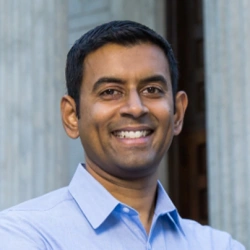
Arvind Narayanan
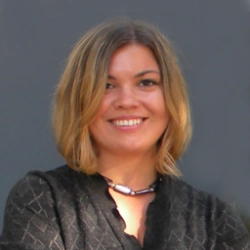
Janet Vertesi
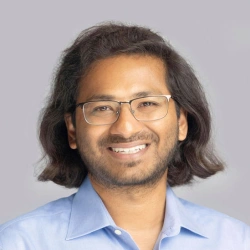
Prateek Mittal
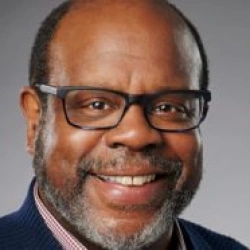
Kevin Deas
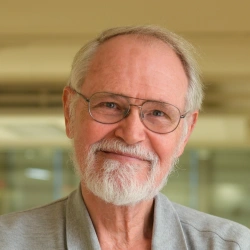





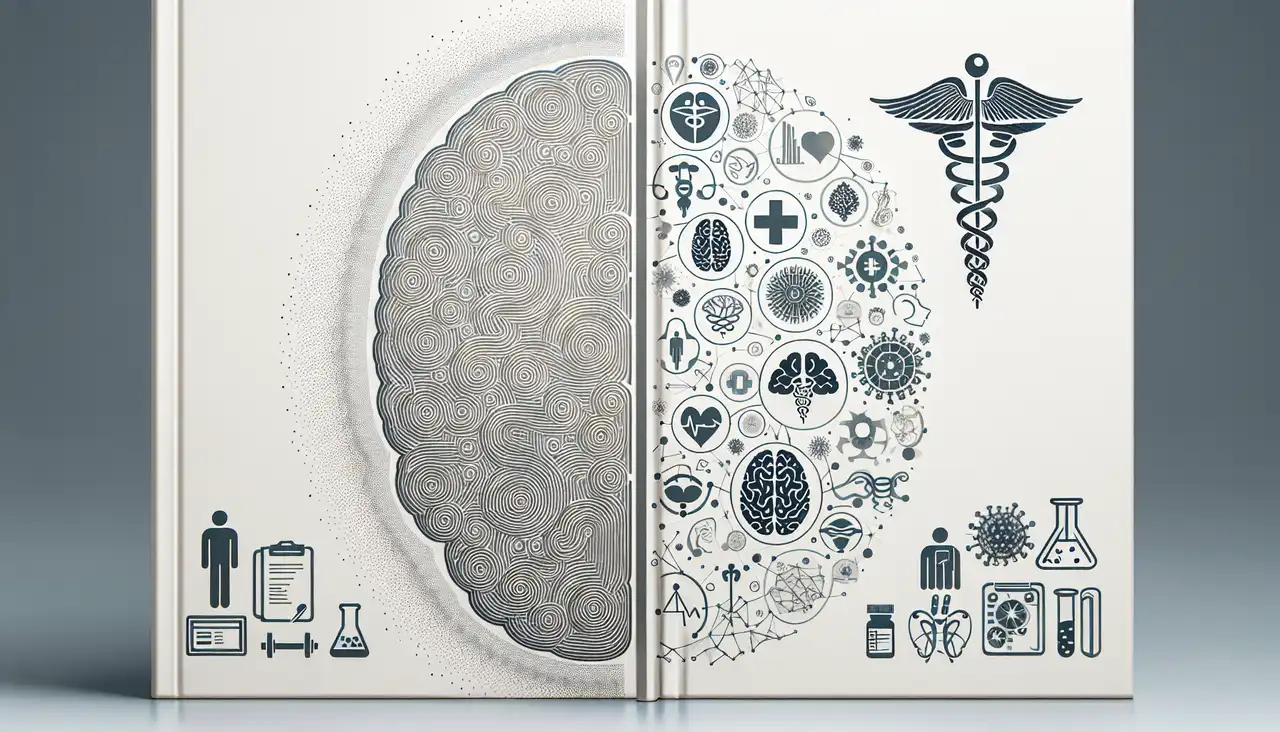
The Department of Behavioral Sciences and Social Medicine at Florida State University's College of Medicine in Tallahassee, United States, is an interdisciplinary unit dedicated to understanding the complex interplay between behavior, society, and health. It plays a crucial role in the college's mission through its focus on research, teaching, and service, emphasizing the significant impact of individual behaviors, interpersonal relationships, and community dynamics on health outcomes, always considering the broader social and societal forces at play. Their work is deeply rooted in community partnerships, integrating principles and methodologies from the behavioral sciences, social sciences, and humanities to advance knowledge and promote better health for everyone, particularly aligning with the college's commitment to serving diverse and underserved populations.
View Behavioral Science and Social Medicine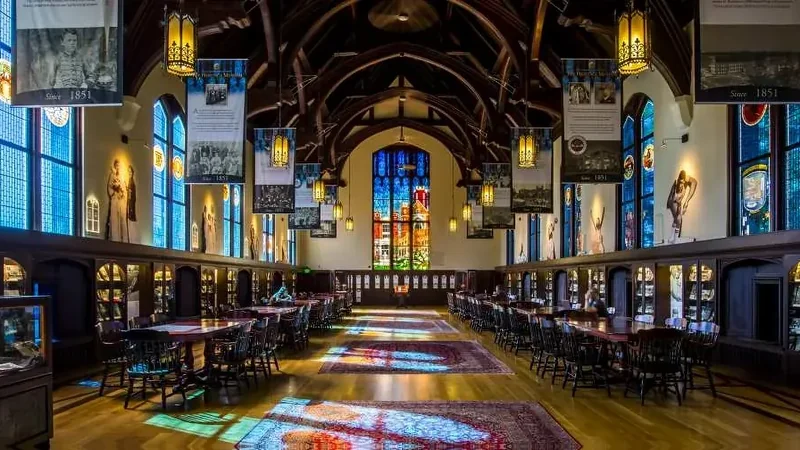
FSU comprises 16 separate colleges and more than 110 centers, facilities, labs, and institutes that offer more than 360 programs of study, including professional school programs. In 2021, the university enrolled 45,493 students from all 50 states and 130 countries. Florida State is home to Florida's only national laboratory, the National High Magnetic Field Laboratory, and is the birthplace of the commercially viable anti-cancer drug Taxol. Florida State University also operates the John & Mable Ringling Museum of Art, the State Art Museum of Florida and one of the nation's largest museum/university complexes. The university is accredited by the Southern Association of Colleges and Schools (SACS).